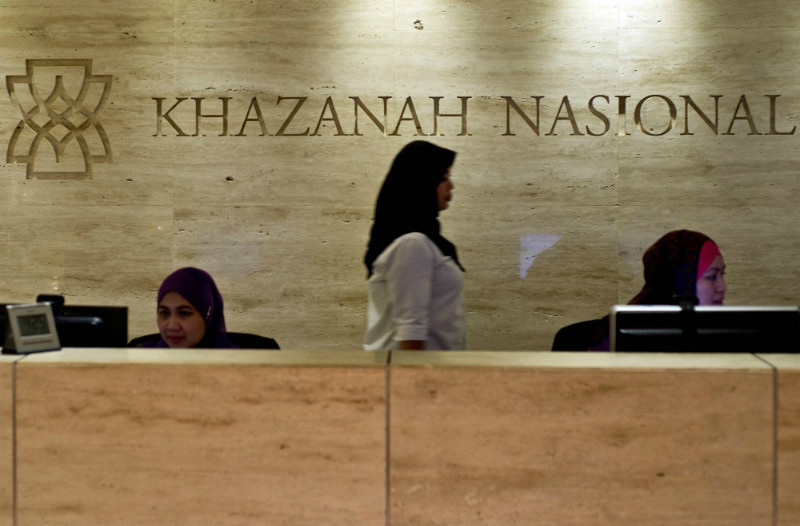KUALA LUMPUR, Oct 9 — The proposed merger between UEM Sunrise and Eco World has courted controversy as opponents are reading it as yet another attempt to bail out a beleaguered company.
Critics of the Perikatan Nasional government have taken to social media to accuse UEM Group, UEM Sunrise’s parent company, of cronyism, claiming the deal favoured the wealthy owners of Eco World.
A key contentious point about the merger that critics raised was the potential share dilutions that would follow, specifically of Khazanah Nasional Berhad’s stake, which would be reduced to just around 40 per cent from 66 per cent.
Khazanah fully owns the UEM Group.
Malaysian Rating Corporation (MARC) in a note issued earlier yesterday said its preliminary calculations pointed to a similar outcome.
MARC also said the merger could potentially weaken the enlarged group’s credit profile, with its debt-to-equity (DE) ratio elevating to about 0.90 times from a moderate 0.56 times as at end-June 2020.
UEM Group in a reply to Malay Mail’s query about the numerous points detractors had voiced about the merger, merely referred to an October 5 statement announcing the proposition.
Meanwhile, Eco World and UEM Sunrise responded briefly to state that the proposal is now being reviewed and a statement would be issued at the appropriate time. Both firms did not address the specific questions listed by Malay Mail.
“A spokesperson of UEM Sunrise said that the Board of Directors will be reviewing the proposal and that further announcement will be made in due course,” the company said in a statement.
“We will be convening a Board meeting soon to deliberate the matter. Once the Board has arrived at its decision, a more detailed announcement will be made. Meanwhile thank you for your interest and support,” Eco World said in a short email reply.
In a filing with Bursa Malaysia on Monday, EcoWorld said it had received a letter from UEM Group outlining the proposed merger.
UEM Group in the letter proposing the merger said the consolidation would harness the strengths and capabilities of UEM Sunrise and EcoWorld, and make it one of the country’s largest property companies.
“The proposed merger is expected to create one of Malaysia’s largest property companies, a
best-in-class multi-product developer with strong capabilities in every segment of the industry
to sustain long term value creation and growth,” the statement said.
The property market is among sectors devastated by the Covid-19 pandemic.
UEM Group said subdued macro-economic conditions made worse by the outbreak necessitated property players to pool resources and capabilities for survival.
But critics found little merit for the merger. Among reasons given were Eco World’s heavy debt.
The company, founded by Tan Sri Liew Kee Sin shortly after he sold SP Setia to Permodalan Nasional Berhad in a deal that caused the fund RM3 billion in impairment, reported a gearing ratio of over 70 per cent as of July, 2019.
Gearing ratio is often the preferred indicator of a company’s borrowing leverage by measuring its total debt against total equities.
A gearing ratio of above 50 per cent is generally accepted as high and risky while a ratio below 20 per cent is considered safe.
A company with a high gearing ratio is susceptible to bumps, raising its exposure to risk and default.
MARC said its preliminary calculations indicate that the merged entity’s leverage position as reflected by the debt-to-equity (DE) ratio could elevate to about 0.90 times from a moderate 0.56 times as at end-June 2020.
UEM Group, in explaining the proposition, said the prospect of a merger between UEM Sunrise and Eco World had long been studied, and suggested that the outcome was favourable.
The firm said it picked Eco World because it was deemed to have the right capabilities to enhance UEM Sunrise’s value “through synergistic geographical and product mix improvements.”
The merger has a projected Gross Development Value (GDV) of RM173.2 billion with the synergy’s combined landbank totalling 17,000 acres locally, according to UEM Group.
Khazanah Berhad declined to comment.






















